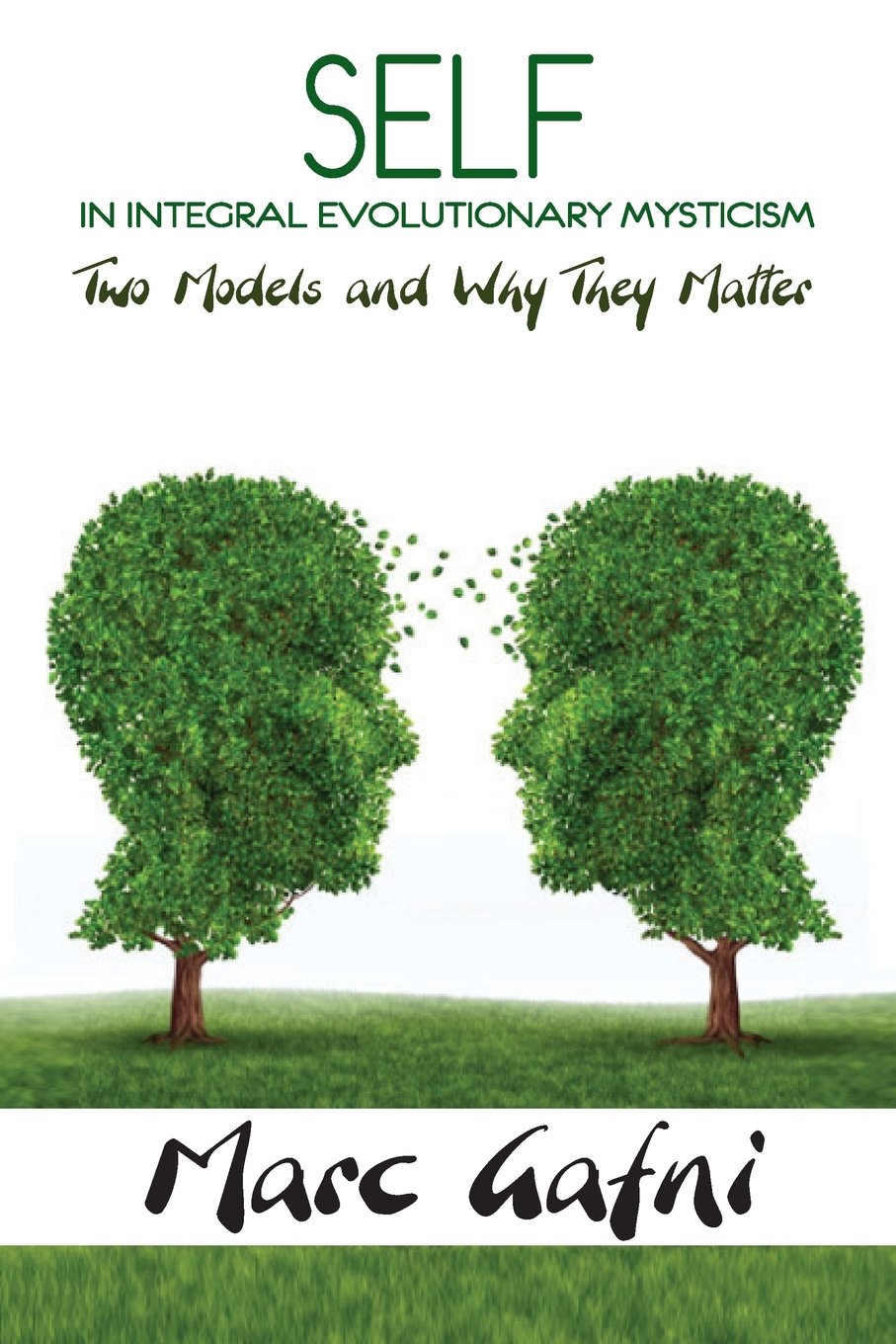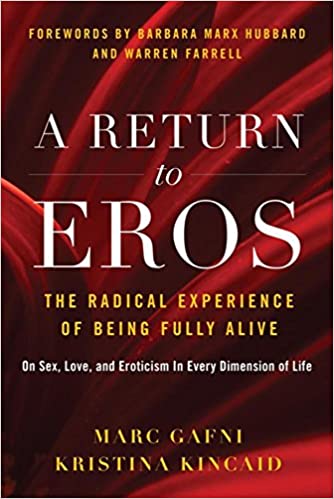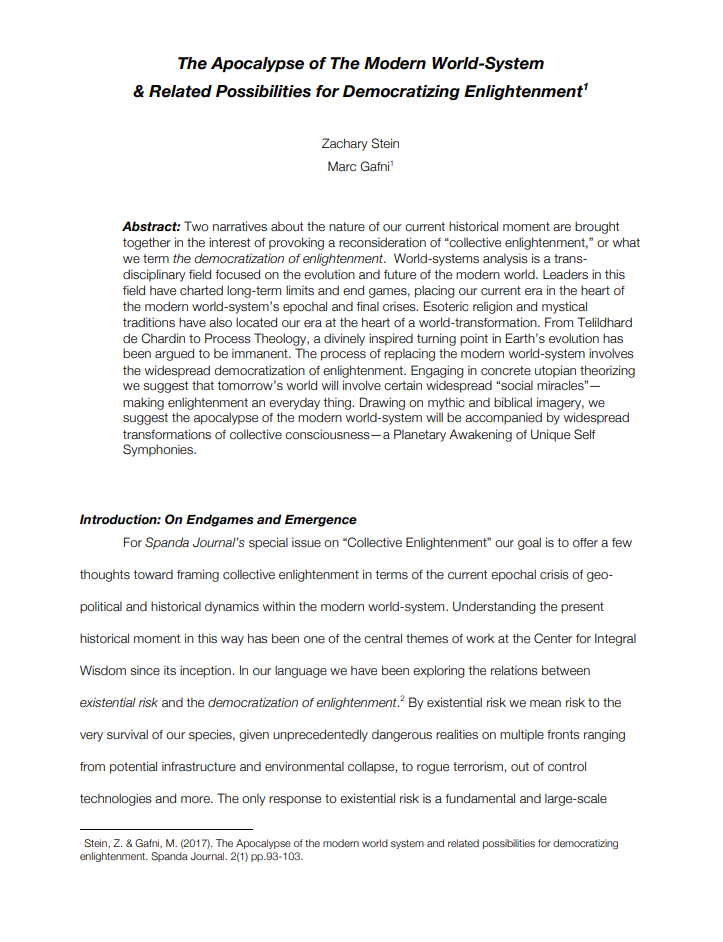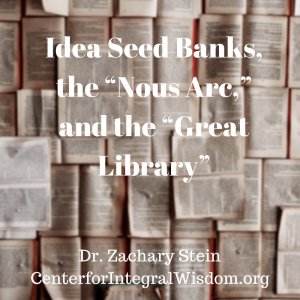Dr. Marc Gafni: 26 Distinctions Between Ego and Unique Self
An Excerpt from the Book by Dr. Marc Gafni Self in Integral Evolutionary Mysticism: Two Models and Why They Matter (Integral Publishers, 2014)
The primary critique of Unique Self teaching, leveled by students of Authentic Self in all of its names—for example, evolutionary self—is that Unique Self is but a clever front for ego. Or that even if it is not actually identical with ego, it can all to easily be hijacked by the ego. The latter is a fair and important point. However, the same critique might be just as easily leveled at the clarion call to identify with the evolutionary impulse which lies at the heart of both Unique and Authentic Self teachings. (The difference, as we have already noted, is that in the Authentic Self-teaching, the evolutionary impulse is wholly impersonal, while in the Unique Self teaching, the evolutionary impulse at its core is expressed only personally through you as the personal face of the process). It is all too easy for the ego to hijack the evolutionary impulse as a fig leaf for every manner of ego’s misdeed. Indeed, this is not a theoretical concern, but a sadly well-proved truth as the history of the evolutionary movements show. The grandchildren of Hegel’s evolutionary teaching, communism primary among them, deployed the evolutionary imperative to cover every form of heinous crime against humanity. And yet, that does not invalidate the sacred power of the evolutionary impulse, just as the crimes committed in the name of Christ do not deconstruct the truth and beauty of Christ consciousness, nor does the atom bomb disqualify the nobility of the humanist creative urge born of the new scientific paradigm. Nor does the fact that ego might hijack Unique Self lessen the critical nature of Unique Self realization. All goods may be hijacked. We must, therefore, guard against the hijacking, but we must not refuse to fly. To guard against the conflation of ego and Unique Self, it is necessary to clearly discern between these two very different states and stages of consciousness. Below, I offer the beginning of a discussion of just such a set of discernment.
Self in Integral Evolutionary Mysticism
Two major works have been written within the framework of Integral Wisdom about the nature of Self and God. While they share important features, namely the evolutionary context of the conversation and a vision of Self beyond Ego, their interior visions of the quality of the Self beyond Ego are profoundly different.
Both of these visions of Self, or key dimensions of the two versions, have been adopted, directly and indirectly by many spiritual teachers. In Self in Integral Evolutionary Mysticism, Marc Gafni articulates the two models, their shared features and their differences, and as we seek to articulate an Integral Wisdom, why these differences matter so desperately.






